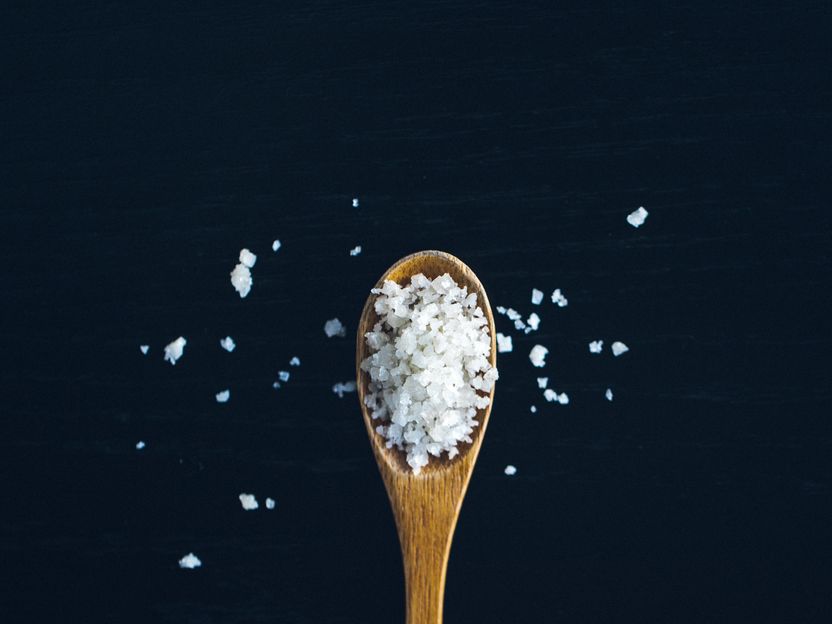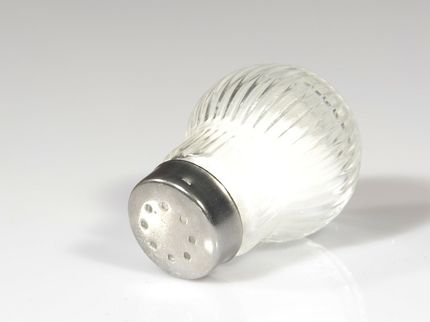Reducing Salt in Processed Food & Coatings
Advertisement
Although our daily salt intake has reduced over the last decade, on average in the UK we still consume one third more than the recommended daily intake: 8.1g rather than the 6g limit advised by the UK Government for those ages 11 and over.

Photo by Jason Tuinstra on Unsplash
The problem with salt
We all know that salt makes food taste good, and the body does need a little of it as part of a balanced diet. However, excess salt leads to high blood pressure; a major cause of heart disease and strokes.
A report published February 2020 by the British medical Journal, confirms the connection between reducing salt intake and lowering blood pressure, even in those without raised blood pressure.
New targets ahead
Rather than being added in cooking or at the table, the majority of salt in UK diets comes from processed foods. As a result, when it comes to reducing the public’s salt intake, the Government looks to the food industry to do their bit.
UK salt targets were set in 2012 then revised again in 2017, more challenging and wide ranging each time as the government seeks to reduce intake over time.
In 2020 new and even more stringent salt targets are due to be released. The food industry and health charities are currently being consulted, with new voluntary targets set to be published this year.
Consumer awareness
Alongside the targets there may well be a public awareness campaign, informing the consumer about the need to watch their intake. Even without a public push, today’s consumer is increasingly health aware and likely to check foods labels before making a purchase. Therefore it is in the food industry’s interest to comply with the new targets as best they can.
The challenge of reducing salt
Salt is a cheap and easy way to add flavour and has preservation qualities to boot. In today’s competitive market where shoppers and diners hop from brand to brand without a second’s thought, no food producer is going to want to make their product less enjoyable to eat. Salt also plays a key role in ensuring increasingly popular of plant-based meat alternatives have a flavour as tasty as meat. However there is plenty that can be done.
Clever coatings
Bowman Ingredients make breadcrumbs using a unique extrusion method, which means we do not need to manufacture whole loaves of bread and are able to diversify from the level of salt required by a traditional bread recipe. As such we are able to offer no-salt crumb, something not possible with tin-baked loaves which require salt to create structure.
Because we make bespoke coatings for our clients, we are able to adjust the level of salt in every product we make, from batters to marinades, helping you meet your salt targets for your end product. As experts in the industry, we can create coatings using herbs, spices and a wide range of other ingredients to ensure that your products are still full of flavour.
Gradually does it
If you are looking to gradually reduce the salt content in your food product over a period of time to ensure it is less noticeable to the consumer, we are happy to work with you, adjusting recipes little by little until you reach your goal.






























































